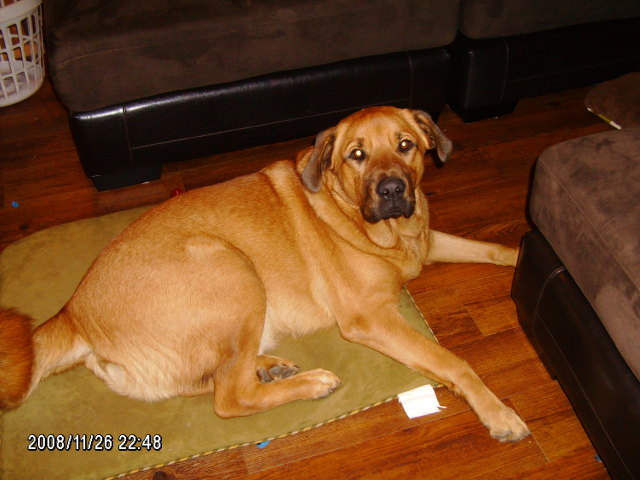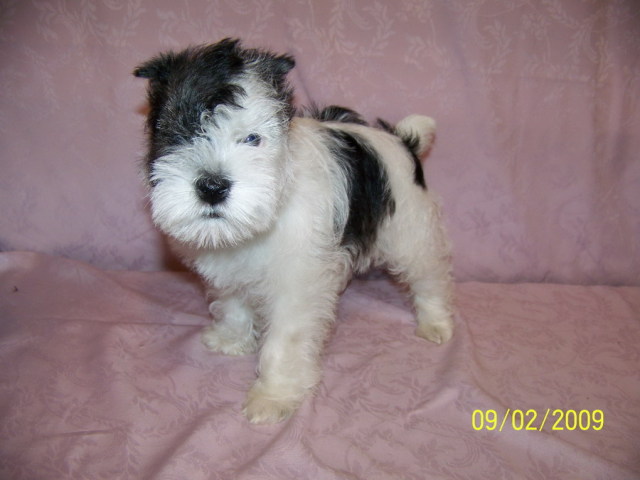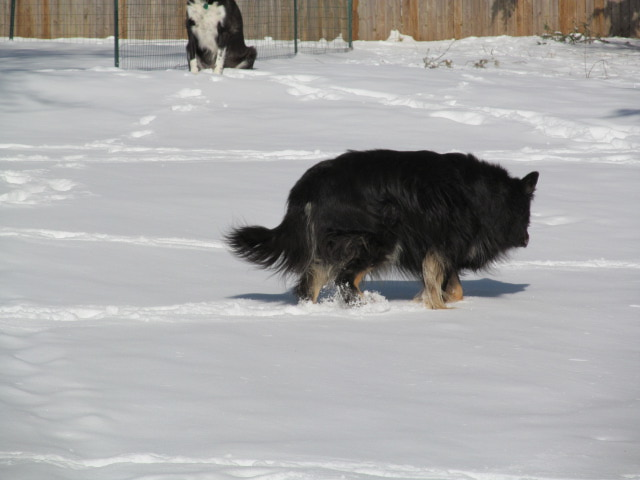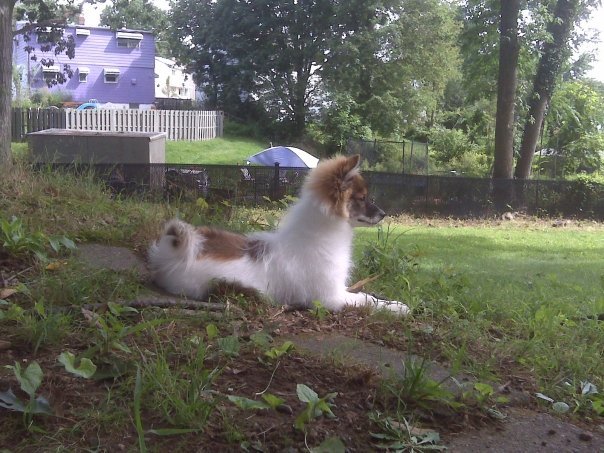QuestionWe have had a miniature schnauzer for the last 4 years (he is 6) the first 2 years of his life were spent being beaten or left out to "fend for himself" and it took 2 long years of love and patience to get him to relax and become one of the most loving dogs we've had. My concern is his anxiety, he cowers when we raise our voice at our other dog (who is 17 and can barely hear) and seems to be very nervous most of the time. He goes into severe panic when fireworks or loud noises are outside and even has to be sedated to get groomed. Is that something that is common with this breed or could it be because of his early upbringing? We had hoped that after having him this long that the anxiety issues would go away.
AnswerIt could be from his early upbringing or it could be due to "inadvertent training", and part of his problem could simply be bad breeding... and maybe it is just an unfortunate combination of all three.
Many people feel sorry for their dogs for one reason or another, and when the dogs show fear, they try to soothe them with petting and a "that's okay; you are fine" sort of thing... which has the totally opposite reaction of telling the dog that his behavior is acceptable and exactly what they want him to do. Comforting fearful behavior reinforces the apprehension.
The best treatment for fearful behavior is ignoring it. When you know a storm is coming, for example, put him in his crate with a tempting bone or a good rawhide, turn up the volume on a nearby radio or TV and leave him alone. You can also find CDs or tapes for desensitizing dogs to thunderstorms.
You do mention that it took you two years to get him to relax, and then that he "seems to be very nervous most of the time". Has his behavior changed in the four years you have had him? This sounds as though he has become more nervous. You might want to have him thoroughly examined by your veterinarian to make sure that he has no contributing physical problems if this is the case.
Make sure he gets plenty of exercise, he is eating an appropriate and nutritional diet, and that he gets sufficient "down time". The saying "a tired dog is a happy dog" is absolutely correct!
Karen

 mouthing; pawing, wont drop it
Question
My puppy Trigger
I have a 10 month old LARGE (
mouthing; pawing, wont drop it
Question
My puppy Trigger
I have a 10 month old LARGE (
 Diarrhea in Nursing Bitches
QuestionAtrix & Pup
QUESTION: My Champion Mi
Diarrhea in Nursing Bitches
QuestionAtrix & Pup
QUESTION: My Champion Mi
 Eye problems w/ schnauzers
Question
Mini parti schnauzer
We currently have a 14 yr
Eye problems w/ schnauzers
Question
Mini parti schnauzer
We currently have a 14 yr
 Old dog, old owner, grooming issues
Question
Jessis
I have a 13-yr-old German shephe
Old dog, old owner, grooming issues
Question
Jessis
I have a 13-yr-old German shephe
 Not sure what my dog is
Question
Ella
I adopted my dog through a rescue s
Not sure what my dog is
Question
Ella
I adopted my dog through a rescue s